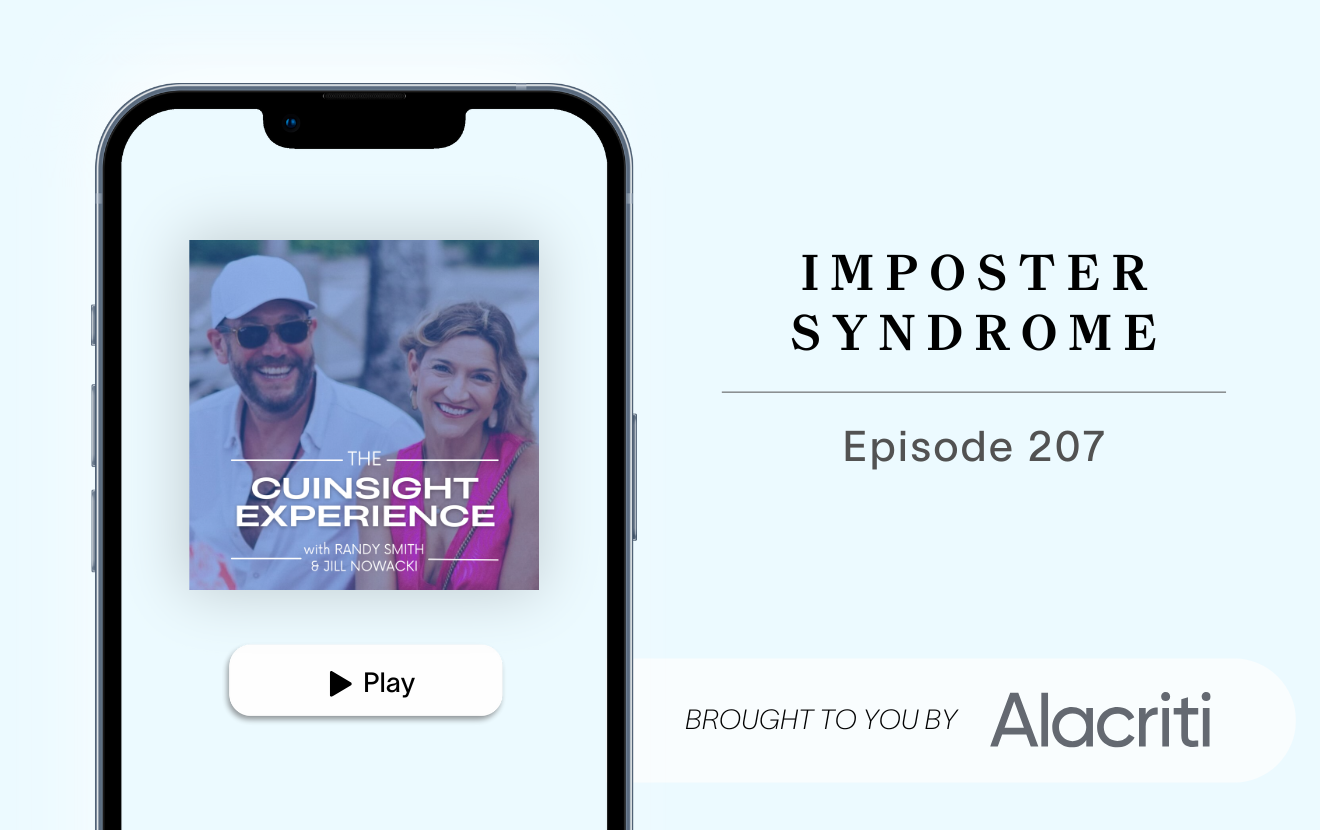If you sell wine for a living, you have an advantage, in that most people already know, like and want your product—it’s an easy sell. So, you might think the key to being successful in business is just to sell something people want.
But there’s always an analogy or lesson to take from one situation and apply to other situations where the business model is more complex or the marketing pitch is more challenging to gain from these winning examples.
As consumers, we can’t only buy things we want. There are many things we simply need and many things we must have to get what we want. This is where credit unions or other financial institutions typically come into play. You’ve heard it before: People don’t want mortgages or auto loans; they need them to get the house or the car they want. A credit union competes with anything that can facilitate a path toward that desired outcome.
And even though selling wine might be an easy sell, they must compete with everyone else also selling wine. While I like wine, I don’t want all the wine, I only want some of the wine. The magic is in answering the questions about what we choose and why.
There’s a reason I’m talking so much about wine. I recently took a trip to the heart of Argentina’s wine country – Mendoza. It’s beautiful and you should go if you ever get the chance. But I had a problem – I could only carry home so many bottles, so I knew I must choose wisely and be selective. How would I choose? How does a new member choose your credit union over all other choices when most only have one mortgage and one or two auto loans in any given decade?
You might think I would sample every wine (okay, I did), do a cost analysis, research its value and accessibility in the U.S. and make a fact-based, logical decision. Unfortunately, recent discoveries in the field of neuroscience have proven that people make decisions based on emotion, not on logic – so much so that one study showed people who have damage in the part of their brain where emotions are generated all share a similar trait: They can’t make decisions. Scientists in this experiment concluded that “the very point of choice is arguably always based on emotion.”
While this seems like straightforward information – we know what it feels like to make decisions – how much do you think about their emotional process when engaging with members or potential members?
More about my wine thought process: The first winery I visited was very big and very rich. The owners named it after their castle in Europe. It wasn’t the vibe for me and so I didn’t love their wine. The next place was smaller, more conversational. A group of visitors sat together and discussed the primary, secondary and tertiary flavors we tasted in the wines. I enjoyed the experience and the environment and I wanted to bring a piece of it home. I bought a few bottles. The next place, however, I bought two cases and joined the wine club…
Why did they win me over? That experience couldn’t be beaten. Upon walking up, we were greeted by the owner, handed a glass of sparkling wine, shown the enticing 4-course lunch menu, promised a tour and tasting after the meal, and directed toward the walking trails to meander under the warm winter sun facing the snow-capped Andes across the valley of grapevines before us. All within 2 minutes of getting out of the car! They could have sold me anything at that point and it wasn’t because of the wine. It was the experience and I wanted to take it with me.
When you think about your credit union, what makes it better than any other options available? Are you doing anything to make people want to take the experience with them? Here’s what worked to earn my business and loyalty:
- Approachable: Members and potential members might not know the first thing about finances any more than someone tasting Argentinian wines for the first time might know a French oak aged chardonnay from a Torrantes (imagine the horror!) Be aware of the vibe you’re giving off, intended or not, and know that even though you’re a financial expert, no one wants to feel uninformed or uninvited when visiting your branch or website.
- Real and relatable: The wine-maker wasn’t above showing us every part of the business including siphoning wine out of a cask to give a sample “the old-fashioned way.” This place couldn’t be more authentic and I felt like a special guest. Empower your staff to give everyone they engage with, in person or digitally, the VIP treatment within 2 minutes of engaging. Treat your members like owners, because they are!
- High quality; true to who you are: I can’t stress this enough – you must have competitive products and seriously excellent service as a point of entry into the financial services industry today. You also can’t be everyone’s cup of tea (glass of wine). Be who you are and serve your niche well, and make sure those who seek you out for who you are feel confident they made the right choice in your credit union.
In the end, it’s a personal and emotional choice people will make about where to handle their finances. The best you can do is to present your business’ personality as accurately and true as possible so those who want what you’re selling can chose you because they want to. This is how loyalty is won – we feel empowered by choice and emotionally bonded to that which we choose. If you’ve done this well, raise your glass and prost!








